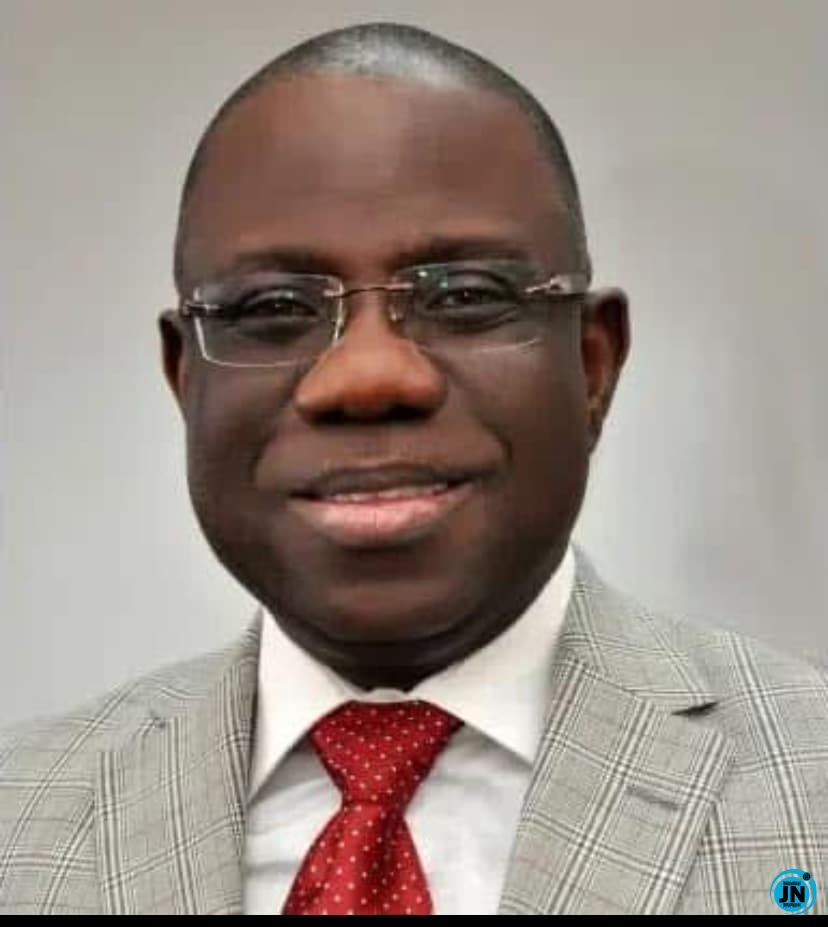President Bola Ahmed Tinubu has appointed Bayo Ojulari as the new Group Chief Executive Officer (GCEO) of the Nigerian National Petroleum Company Limited (NNPCL), following the dismissal of Mele Kyari. The announcement was made in a statement issued by Bayo Onanuga, President Tinubu’s Special Adviser on Information and Strategy, in the early hours of Wednesday, April 2, 2025.
Before his new appointment, Ojulari held the position of chairman at the President Bola Ahmed Tinubu (BAT) Advisory and Energy Company. He also served as the Managing Director of Shell Nigeria Exploration and Production Company (SNEPCo) from 2015 to 2021, bringing a wealth of experience in the oil and gas industry to his new role. His experience is expected to play a key role in overseeing the strategic direction and growth of NNPCL during his tenure as the new GCEO.

Alongside Ojulari’s appointment, several other changes have been made to NNPC Limited’s management. Adedapo Segun, who took over the role of Chief Financial Officer from Umaru Isa Ajiya in November 2023, has now been included on the new board. Segun’s appointment ensures the continuity of financial strategies that align with the company's new direction.
In addition, six new non-executive directors representing Nigeria’s geopolitical zones have been appointed to the NNPC board. These appointments are designed to enhance the corporation’s decision-making and ensure fair representation of Nigeria's diverse regions. The new board members include: Bello Rabiu from the North West, Yusuf Usman from the North East, and Babs Omotowa, a former Managing Director of the Nigerian Liquefied Natural Gas (NLNG), representing North Central. The other new appointees are Austin Avuru from the South-South, David Ige from the South West, and Henry Obih from the South East. Additionally, Mrs. Lydia Shehu Jafiya, the Permanent Secretary of the Federal Ministry of Finance, will represent the Ministry of Finance on the board, while Aminu Said Ahmed will represent the Ministry of Petroleum Resources. These appointments reflect a desire to diversify leadership and strengthen governance within NNPCL.
This restructuring follows a growing controversy between NNPCL and Dangote Refinery over a failed agreement to sell Nigeria’s crude oil to the refinery in naira, which has resulted in an increase in fuel prices. The breakdown of the deal, along with rising fuel prices, has further fueled tensions between the state-owned petroleum company and the privately owned refinery. The leadership changes at NNPCL aim to address these challenges and position the company for greater success in the future.

